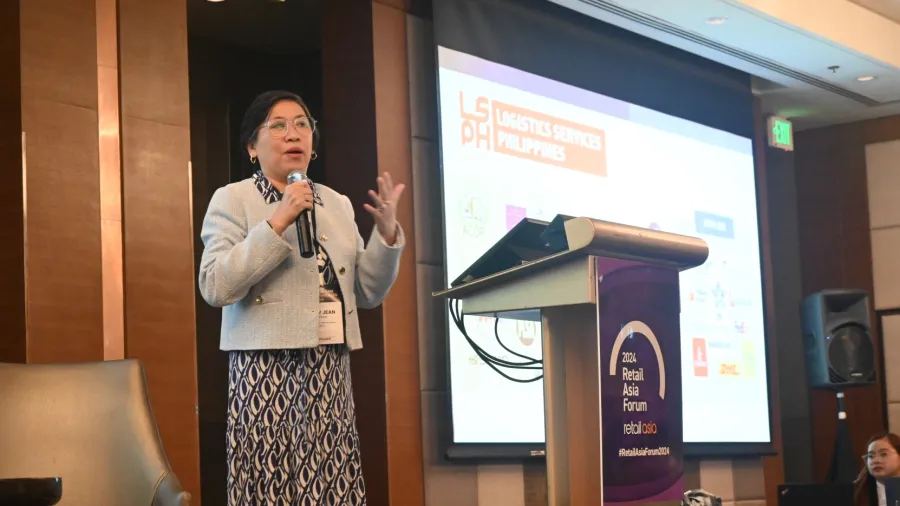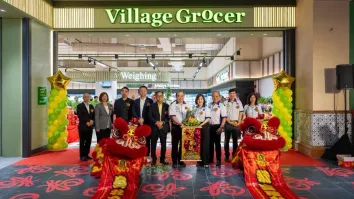
Philippine gov’t strengthens retail supply chains and e-commerce initiatives
It introduced a new E-commerce Group, consisting of the E-commerce Bureau and the Office of Supply Chain.
Retailers in the Philippines face the pressing challenge of adapting to the evolving demands of the market, particularly in strengthening local supply chains and enhancing e-commerce capabilities. In response, the national government, through the Department of Trade and Industry (DTI), is implementing initiatives designed to bolster the retail sector's resilience.
Trade and Industry Undersecretary Mary Jean Pacheco outlined the government's commitment aimed at improving food security, reducing logistics costs, and fostering collaboration between public and private sectors at the Retail Asia Forum 2024 held at Makati Shangri-La, Philippines on 4 October.
She introduced the DTI's new E-commerce Group, which includes the E-commerce Bureau and the Office of Supply Chain and Logistics.
The undersecretary outlined three key areas of focus, namely supply chain management, wholesale and retail trade, and e-commerce.
Boosting local supply chains
Pacheco emphasised the importance of linking farmers with institutional buyers to reduce prices for consumers, highlighting a successful initiative that lowered broccoli prices from 600 pesos to 300 pesos.
“The prime directive is clear,” said Pacheco. “Number one is to ensure food security, number two is to reduce transport and logistics costs.”
“DTI, together with other agencies of government, are working on this, for us, as the goal, as a vision, to make the Philippines a major logistics hub in Asia,” she said.
She also announced the formation of an informal group of logistics service providers called Logistics Services Philippines to tackle logistics issues.
Advancing e-commerce trust
Pacheco revealed plans to develop a job blueprint in collaboration with the Philippine Retailers Association and the Supply Chain Management Association of the Philippines.
This initiative aims to create employment opportunities and foster growth within the sector, which currently contributes 16% to the country’s GDP and employs 21% of the workforce.
On the topic of e-commerce, Pacheco announced the launch of the DTI’s updated e-commerce roadmap, highlighting the focus on digitalisation, market access, and logistics integration. She also discussed the implementation of the Internet Transactions Act, which aims to enhance consumer trust in digital platforms and outlines the responsibilities of e-retailers and online merchants.
Pacheco encouraged all stakeholders to familiarise themselves with the new regulations and to establish redress mechanisms for consumer complaints as mandated by the new law. "We are committed to ensuring a balanced approach that protects both consumers and merchants," she stated.

















 Advertise
Advertise








